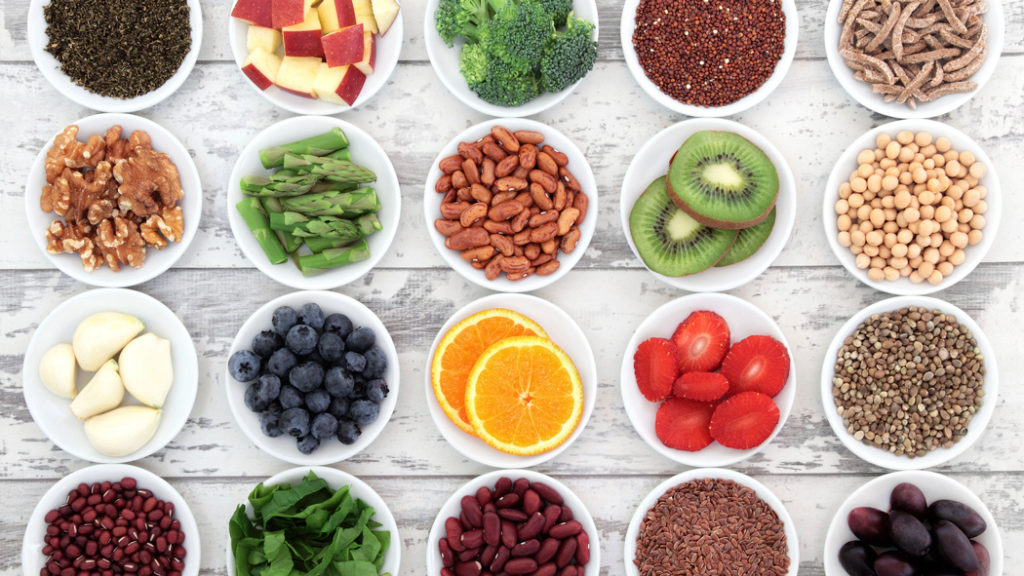Here’s a question I received last week from a novice cycling buddy:
“Given your experience, what diet tips for cyclists do you have?”
Nutrition isn’t something I was always concerned about. When I started out, I was a young man in my early twenties and believed I could eat whatever I wanted. I’d consume lots of empty calories thinking that it wouldn’t have an effect on my cycling performance. However, several years after I started, I began to pay more attention to what I ate. I switched from a high sugar diet to one that was packed with protein and healthy carbohydrates. I ate conscientiously throughout the day and prepared more nutritious snacks. After making these changes, I noticed an obvious difference in my bike rides. I felt more energized, could ride for longer periods of time, and didn’t feel as depleted afterwards.
Since I started paying more attention to what I ate, I’ve come up with a list of favorite recipes that fuel me for my rides and truly make a difference in my performance. After some research, I also found that many of the things I already do with my diet fall in line with how top cyclists eat. According to pro cyclist Mark Cavendish, eating quality food is incredibly important. In a Men’s Fitness article detailing Cavendish’s Diet Rules, Cavendish recommends,
“Never go completely synthetic – your body needs real food. Instead of concocting recovery shakes all the time, choose a snack that’s packed with good stuff.”
Taking Cavendish’s advice to eat the “good stuff,” here are my top tips for fine tuning your diet to deliver optimal results when cycling.
1. Listen to your body
Although there are tons of recipes and pieces of advice floating around on the Internet for cyclists looking to eat better, nothing can substitute for your own intrinsic knowledge of your body. Here’s an example: When I began paying attention to my own diet, my cycling friends were all making power smoothies in the morning before their rides. They could go for miles on a couple of bananas and a scoop of protein powder. Me, on the other hand, petered out in ten minutes with only a couple of pieces of fruit in my system. I learned that I needed to have a complex carbohydrate in my system before hitting the pavement. After I began making myself a rice bowl with eggs and veggies every morning, the quality of my rides skyrocketed. I had to experiment, of course – I learned that I performed better with 3 eggs instead of 4. However, if you pay close attention to your system, you can’t go wrong.
2. Monitor your protein intake
Your protein intake will directly contribute to your endurance on the road. Therefore, even if your granola bars appear healthy and convenient, they might be dragging you down more than pumping you up. I used to keep Quaker Oat Bars in my pockets in hopes they’d give me the bursts of energy I was looking for. After a while, I examined the nutrition label and found that they only contained 1 gram of protein per bar! I quickly made the switch to an energy bar coincidentally recommended by Mark Cavendish. For those of you interested in Cavendish’s recipe, here it is: http://www.mensfitness.com/nutrition/what-to-eat/heres-how-make-mark-cavendishs-favorite-protein-bar
3. Eat throughout the day
I used to have a tiny breakfast and a huge dinner every night. Not only did that not sustain me, but it tired me out and exhausted my metabolism. I learned how to snack frequently throughout the day in addition to having 4 small meals. I keep these snacks on hand at all times. Since I lead my life on-the-go, having these snacks in my glove box, my briefcase, or my mini-fridge at work allow me to stay energized and healthy for cycling 24/7. Below are a few of my favorite small meal and snacking recipes.
- Sweet Potato Egg Burrito (scroll down to see)
- Seared Tuna with Moroccan Quinoa (scroll down to see)
- English Muffin Breakfast Sandwich (scroll down to see)
- Team Sky Beetroot Juice
- Paleo Trail Mix
4. Eat organic
Eating organic is something that my wife turned me onto in the past few years. You wouldn’t think that making the simple change of shopping in the ‘natural’ section of your local store would make such a humungous difference. Believe me, it does. Freeing your system of toxins and added chemicals is entirely worth the few extra dollars on your grocery bill. I highly recommend buying organic, GMO-free fruits, vegetables, meats, and packaged foods.
Paying attention to your diet will improve your rides almost immediately. If you don’t have a nutrition plan as a cyclist, it’s time you created one! Happy riding, everyone.

